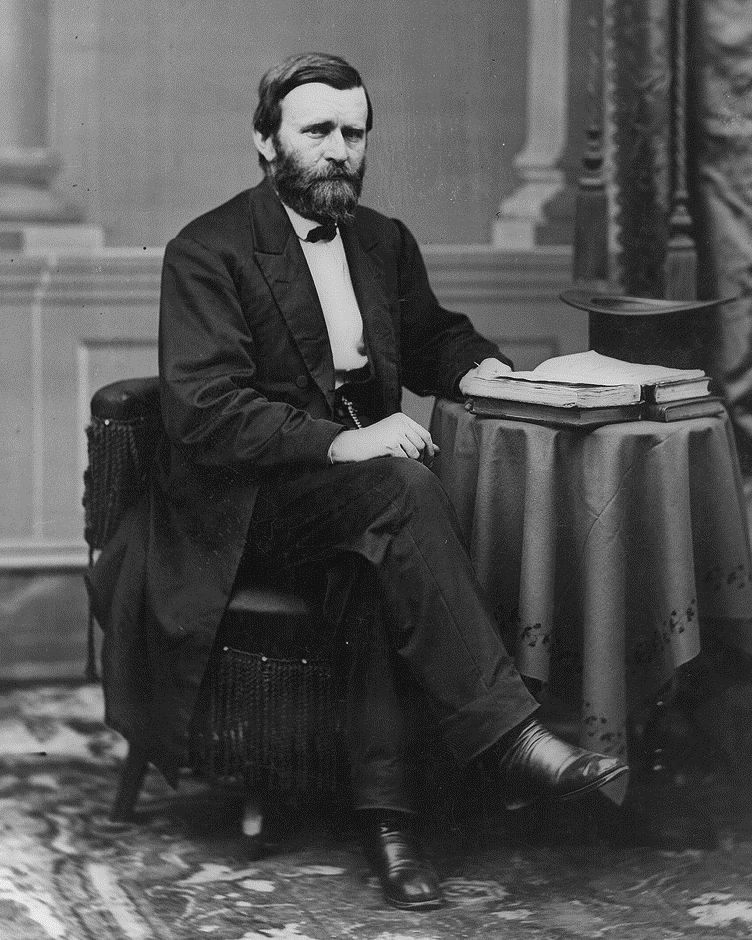The novelist and historian Thomas Fleming’s dad rose in the hard scramble of ward politics to become a big cog in Boss Frank Hague’s New Jersey political machine. But he paid a steep price for it. In an affecting essay, the author comes to terms with his father’s unquiet ghost.

